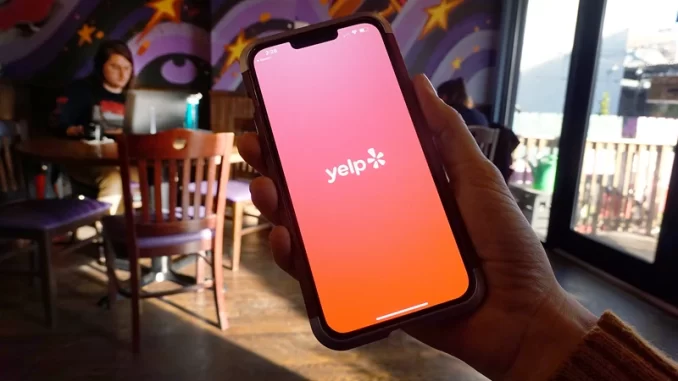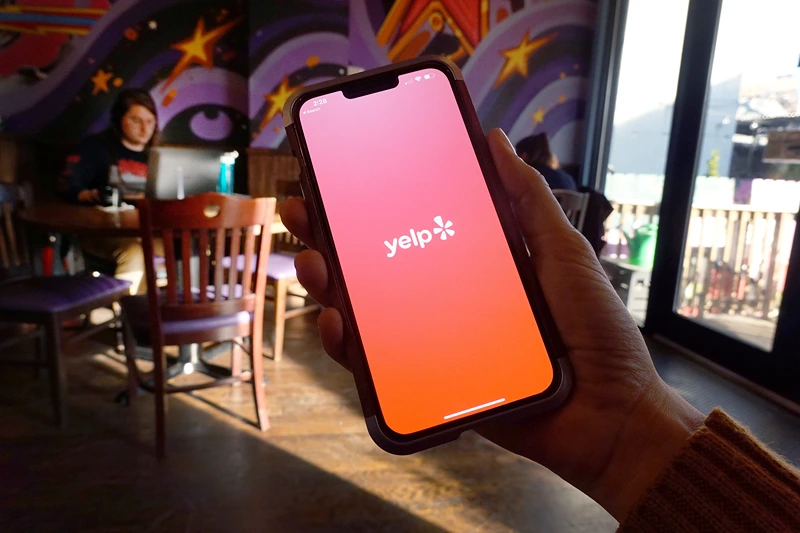

OAN Staff Abril Elfi
4:54 PM – Wednesday, August 28, 2024
Yelp has officially filed a lawsuit against Google, alleging that the company used its monopoly to dominate local search and advertising markets.
Advertisement
Yelp filed the complaint on Wednesday in the U.S. District Court of the Northern District of California.
“Our case is about Google, the largest information gatekeeper in existence, putting its heavy thumb on the scale to stifle competition and keep consumers within its own walled garden,” Yelp said.
The lawsuit, which was submitted to a federal court in San Francisco, California, claims that when a customer searches for local search results on Google, the search engine manipulates the results to promote its own local search offerings.
According to Yelp, this enables Google to unfairly outperform its competitors.
This would mean that when a user looks up a nearby restaurant, Google is said to use its monopoly power to provide them with all the information they need, including hours, directions, and reviews, saving them from having to click on a single external link like Yelp or any other competing search engine.
“In other words, Google abuses its monopoly power in general search to keep users within Google’s owned ecosystem and prevents them from going to rival sites,” the statement said.
Yelp maintains that Google takes this action because Yelp’s reviews are “of higher quality” than those on Google or other services.
According to a Yelp-cited FTC report, 32% of Google reviews are text-free, whereas reviews on Yelp’s own platform are always required to have text.
Yelp representatives also argue that Google’s monopoly encourages local advertising to rely on it solely, which enables Google to impose higher fees.
In a previous statement, Google said that it intended to appeal the ruling and that Judge Amit Mehta’s assessment had established Google to be the greatest search engine on the internet, a claim that the business made in court as the rationale behind customers’ preference for Google over other rivals.
Stay informed! Receive breaking news blasts directly to your inbox for free. Subscribe here. https://www.oann.com/alerts
Advertisements below

